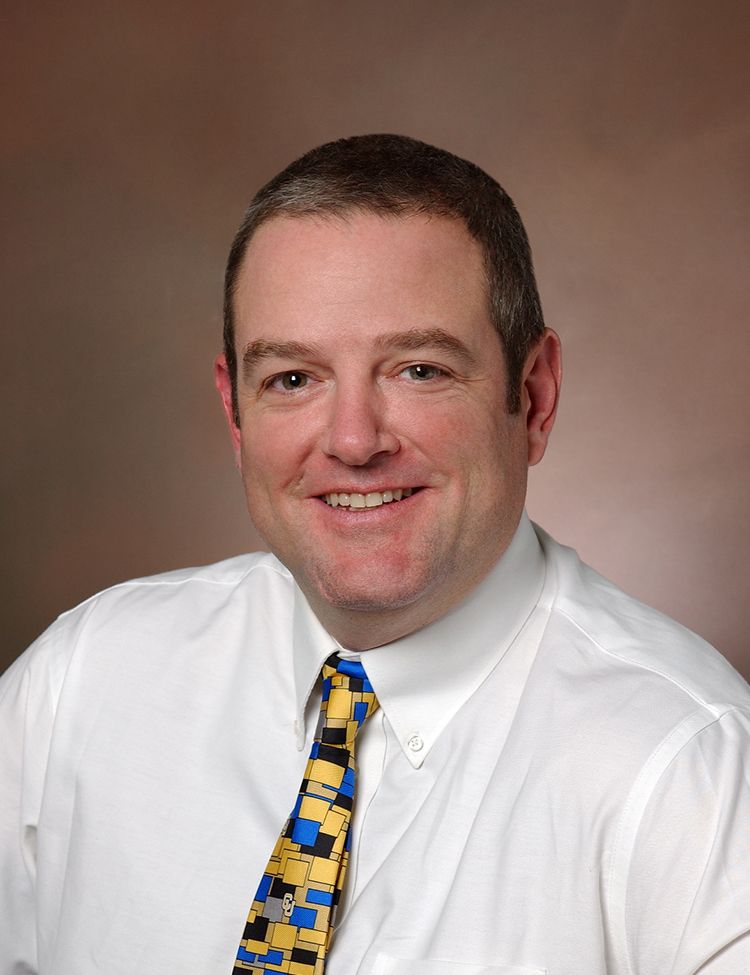Article
Face Time: Virtual Conferencing in the COVID-19 Era
Author(s):
A cardiologist offers his perspective on the pros and cons of virtual medical conferences as a result of the ongoing COVID-19 pandemic.
Gregory Weiss, MD

The COVID-19 pandemic has fundamentally changed society as a whole. It is clear that this pandemic will alter human behavior and propel the adoption of novel methods for scientific information-sharing among healthcare professionals.
From social distancing to widespread mask-wearing, social interactions have already been drastically altered. Physicians and other clinicians are not only faced with caring for patients in a perilous environment, but they must also maintain their competency and continue to network in an effort to improve their practice and meet the rapid changes in healthcare today and into the future.
In addition to continuing education, collaboration across great distances often facilitates breakthroughs in medicine that are often born of traveling to international conferences and society meetings. Travel bans and distancing practices have made scholarly meeting attendance virtually impossible.
The medical community has relied on conferences, congresses, symposiums, and other live meetings as the foundation for advancements in medicine. To date, 64% of this year’s conferences have been canceled, moved online, or postponed.1 Without our primary source for education and networking, we as clinicians must improvise, adapt, and overcome to meet the demands of a rapidly changing environment.
So how can we continue to collaborate and learn during a global pandemic?
Without being instantly aware, the tools we would need to stay current and collaborate were right in front of us every day. Luc Rubinger and colleagues from Canada and the UK looked at ways physicians can meet without traveling. They found that virtual conferences with an online platform can offer more than just an alternative to conventional face-to-face events. Online meetings save time, money, and other resources consumed by planning and holding in-person meetings.2 In addition to providing continuing education and collaboration, virtual meetings allow universities and healthcare associations to increase their outreach and position their research on an international stage.
So, what are the attitudes of conference organizers and participants with regards to meeting cancelations and virtual conferencing? Some worry that organizations may suffer financially due to a sizable reduction in exhibitor sponsorship.3 Laura Shelters, a director of content research and development states, “We are nimble enough to quickly convert any of our in-person education to a virtual offering.”
Most of the physicians I speak with have mixed feelings. On the one hand, virtual meetings offer flexibility and reduced cost to attendees, while on the other we lose substantive networking opportunities and the chance to see friends and colleagues we are separated from by distance.
The American College of Cardiologists (ACC) have already held their annual meeting online. Janice Sibley, the executive vice president for education and publications for the ACC states, “As horrible as the situation is right now and as much focus as our members need to put on the care of their patients, we can’t stop the science from moving forward.”3
There are clear benefits to attending conferences online. I share the sentiment of many clinicians that in-person meetings limit my ability to go to the sessions I want to on my schedule. On-demand meeting sessions and discussions that can be viewed and reviewed at any time of day provide far more flexibility than a set meeting schedule. Further, many clinicians find traveling great distances to be time-consuming and expensive in addition to the ever-increasing conference fees. Virtual conferencing allows the participant to spread the content over longer periods of time with minimal interference in their busy work schedules.
The ACC virtual annual meeting was seen by most as an example of what the new normal will look like for medical conferencing for the foreseeable future. The COVID-19 pandemic has changed how humans interact with each other, and these changes are likely to persist, at least for some years. If scientific societies wish to remain relevant to their members and successful, they must adapt to this new reality.
In a press release from the European Society of Radiology (ESR) Boris Brkljacic, MD, PhD, chairman of the ESR board of directors states, “The mold is broken; the new, online ECR 2020 will be a different meeting, with a different structure and different outcomes. It will be the first, and the best (so far) of a new generation.”4
Brkljacic goes on to say, “When we decided to convert ECR 2020 into an online-only congress, there was a lot of uncertainty about how this would look and whether it would still be possible to capture the magic of ECR in a digital format. After an incredible congress week, I am extremely pleased to say, there are no longer any doubts”.5
Attitudes like these will allow us to move forward with optimism and innovation. We will continue to educate, collaborate, and persevere in these troubled times.





